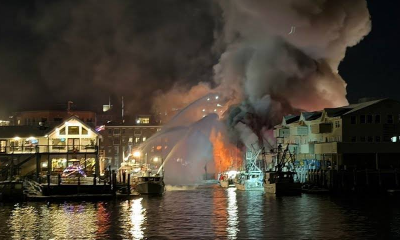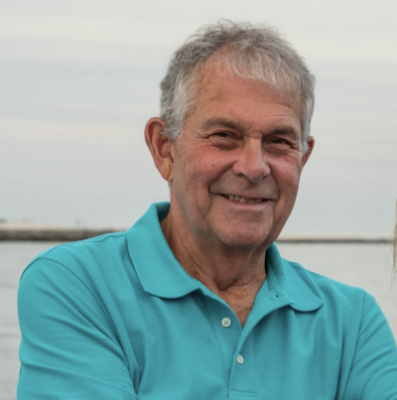The United States Secretary of Commerce declared nine salmon and crab fisheries in Alaska, California and Washington as fisheries disasters on Wednesday, 18 January, opening federal coffers for relief assistance.
Commerce Secretary Penny Pritzker announced each of the fisheries covered by the decision had “experienced sudden and unexpected large decreases in fish stock biomass due to unusual ocean and climate conditions.”
The newly designated fisheries disasters are:
In Alaska:
• Gulf of Alaska pink salmon fisheries (2016)
In California:
• California Dungeness and rock crab fishery (2015-2016)
• Yurok Tribe Klamath River Chinook salmon fishery (2016)
In Washington:
• Fraser River Makah Tribe and Lower Elwha Klallam Tribe sockeye salmon fisheries (2014)
• Grays Harbor and Willapa Bay non-treaty coho salmon fishery (2015)
• Nisqually Indian Tribe, Jamestown S'Klallam Tribe, Port Gamble S'Klallam Tribe, and Squaxin Island Tribe South Puget Sound salmon fisheries (2015)
• Quinault Indian Nation Grays Harbor and Queets River coho salmon fishery (2015)
• Quileute Tribe Dungeness crab fishery (2015-2016)
• Ocean salmon troll fishery (2016)
The Secretary of Commerce is given the power to declare fisheries disasters through the Interjurisdictional Fisheries Act and the Magnuson-Stevens Act. The declaration provides a basis for Congress to appropriate disaster relief funding to provide economic assistance to affected fishing communities and fishermen.
A NOAA press release said that if the U.S. Congress appropriates funds to address the declared fishery failures, it “will work closely with members of Congress and affected states and tribes to develop a spending plan to support activities that would restore the fishery, prevent a similar failure, and assist affected communities.”
“The Commerce Department and NOAA stand with America's fishing communities,” NOAA Fisheries Deputy Assistant Administrator for Regulatory Programs Samuel D. Rauch III said. "We are proud of the contributions they make to the nation's economy, and we recognize the sacrifices they are forced to take in times of environmental hardship. We are committed to helping these communities recover and achieve success in the future."
This post first appeared on SeafoodSource.com. It is reprinted with permission.






